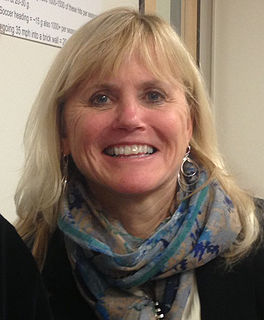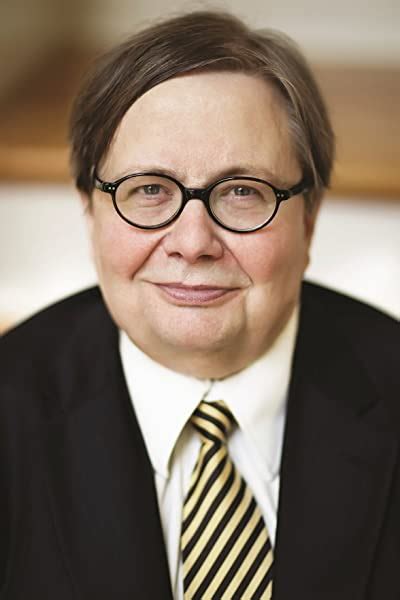A Quote by Gaby Hoffmann
I was raised in a way where there was no distinction between kids and adults.
Related Quotes
The StarTalks - while kids can watch them, they're actually targeted at adults. Because adults outnumber kids five to one, and adults vote, and adults wield resources, and adults are heads of agencies. So if we're going to affect policy, or affect attitudes, for me, the adults have always been the target population.
I know some African-Americans, they happen to be conservative, they're successful. They, of course, have raised their kids, and kids can't escape in school the history of slavery and all of the horrible things that happened in the past. But they weren't raised that way, and they are not raising their kids to be imprisoned by that. They're raising them to be the best they can be today, to take advantage of the opportunity that exists today.
[E]verywhere I'm looking at kids, adults mostly don't seem to like them, not even the parents do. They call the kids gorgeous and so cute, they make the kids do the thing all over again so they can take a photo, but they don't want to actually play with them, they'd rather drink coffee talking to other adults. Sometimes there's a small kid crying and the Ma of it doesn't even hear.



































